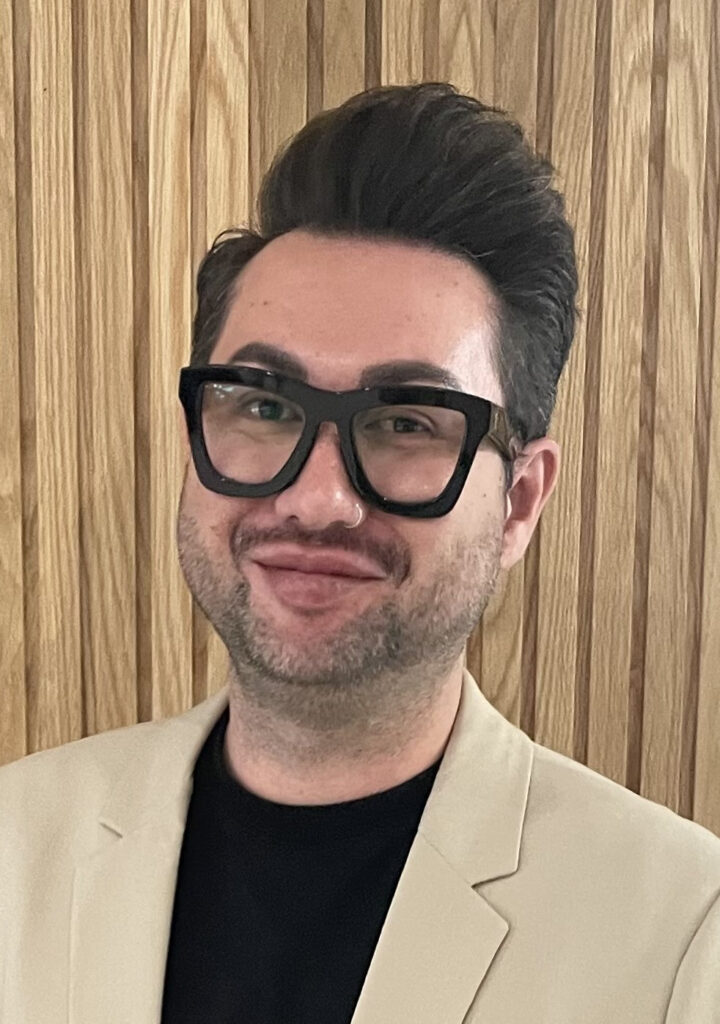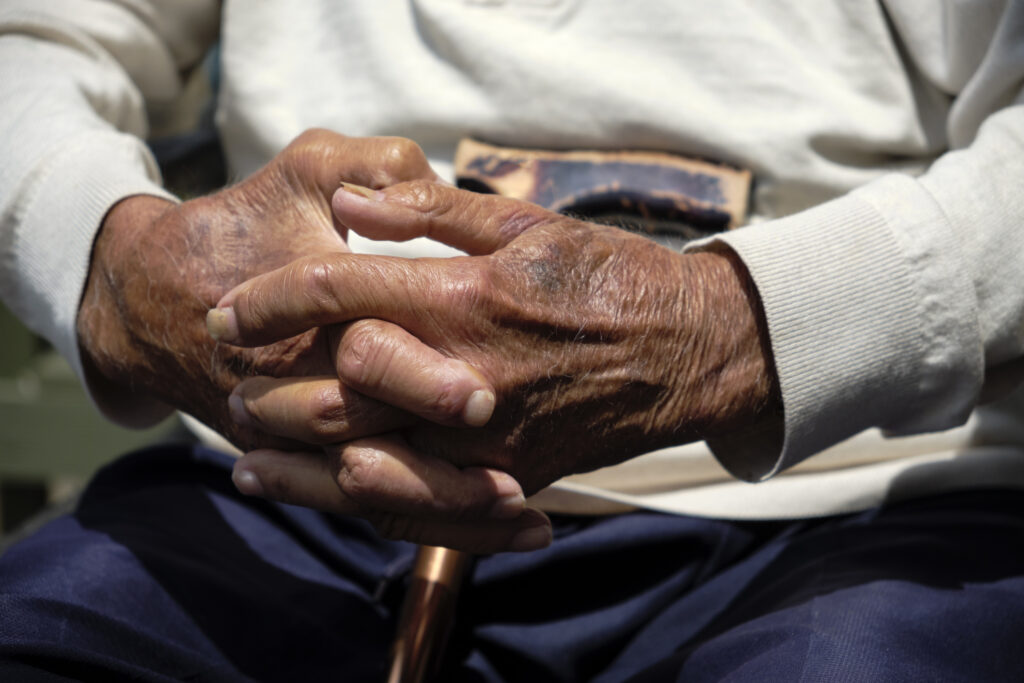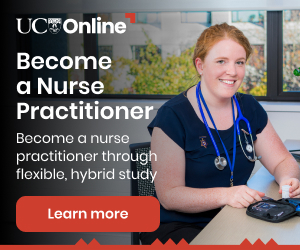
Dean Cowles is national nursing adviser for Māori affairs at Southern Cross Healthcare, a role he has helped develop. He is using his position to help improve the cultural competence of the company’s private surgical hospitals, to make them more welcoming places for both Māori nurses and Māori patients.

He says there are increasing numbers of Māori patients coming through private surgical hospitals across the country. There are many reasons for this, including more Māori having health insurance, as well as private hospitals having contracts with Te Whatu Ora and ACC to relieve pressure on the public system.
There are increasing numbers of Māori patients coming through private surgical hospitals across the country.
For his master’s degree, Cowles recently completed a thesis which investigated the experiences of Māori nurses working in private surgical hospitals, which he describes as previously “unresearched territory”.
The findings of this research reflect the the work he is doing to bring Māori values into Southern Cross Healthcare, and to grow and develop its Māori nursing workforce. And he recommends his findings be taken on board by the wider private hospital sector to make it more responsive to the needs of Māori patients and nurses.
He also makes it clear he favours framing the issues in a positive way, using a non-confrontational “soft approach” to achieve the best results when introducing Māori cultural change to non-Māori in workplaces.
Ngāti Awa background
Hailing from Ngāti Awa, an iwi based in the Bay of Plenty, Cowles’ hapū is Te Patuwai, from Mōtītī Island, off the coast of Tauranga.
He graduated as a registered nurse from the Auckland University of Technology (AUT) in 2014, and began his career in theatre and the post-anaesthetic care unit at Christchurch Public Hospital, becoming a clinical nurse specialist in orthopaedic trauma. “My perioperative work in Christchurch — with the mosque shootings and post the earthquake — was very trauma-based,” he says.
On shifting to Auckland, he returned to AUT as a clinical nurse educator in the undergraduate nursing programme, while also working in public health on contract to the Ministry of Health.
He was therefore well-placed, when COVID struck, to help set up border screening and the managed isolation facilities. Working for Auckland public health and responding to the pandemic was a different type of nursing, which involved him working with a range of different population groups.
Shift to private sector
In 2021, he sought to diversify his skills further by shifting to the private health sector, joining Southern Cross Healthcare as a clinical nurse educator in operating theatres at the company’s North Harbour Hospital in the Wairau Valley, on Auckland’s North Shore.
“In that role, I recognised that a lot of work was needed around Māori health care and improving health inequities, and I managed to work on that in national projects for Southern Cross Healthcare.”
His recommendations for private hospitals include:
- Implementing robust education initiatives on cultural competence, focusing on te ao Māori, tikanga and te Tiriti o Waitangi.
- Developing a strong Māori nursing workforce strategy, incorporating Māori values and cultural mentorship for Māori nurses.
- Providing professional development for Māori nurses and fostering Māori leadership.
Southern Cross Healthcare has 19 private surgical hospitals in New Zealand, 10 which it wholly owns, and nine run as joint ventures with other private companies.
However Cowles said there was so much work to do on improving Māori health outcomes at Southern Cross Healthcare, that it was difficult to combine with his usual role as a clinical nurse educator.
So in May last year, he transitioned from educator to a newly created role at Southern Cross Healthcare as national nursing adviser for Māori affairs, based in the company’s nursing directorate in Auckland.
“It was a brand new role, and unfamiliar territory. It still had a clinical focus but it was about the advancement of Māori health, and I could make the role what it needed to be,” Cowles said.
He said the public health system was more advanced than private in incorporating te ao Māori, but that was starting to change. Part of his job was to develop leaders in cultural capability at Southern Cross Healthcare.
At the same time as he was developing this new role, he was finishing his master’s thesis, entitled “Strategies to improve Māori health outcomes in private surgical settings by understanding the perceptions and experiences of Māori nurses”.
Unresearched territory
“It was unresearched territory,” he said. “There’s not a lot of research in New Zealand on Māori health outcomes in private care — especially through the view of Māori nurses.”
He said the ultimate aim of his research was to figure out how to ensure the private surgical sector was culturally safe for both Māori patients and nurses. Not only would this improve the patient experience, but would also hopefully encourage more Māori nurses into the sector to help care for the increasing numbers of Māori patients.

Cowles found it tricky to locate his desired interview subjects for his research — Māori nurses working in the private sector — because few private health entities kept ethnic data on staff. “It’s difficult to gauge but I would say there is a very small number, as traditionally the majority of Māori nurses go into the public system.”
He recruited his interviewees via the New Zealand Private Surgical Hospitals Association and also through the Māori nursing and midwifery leadership group Ngā Manukura o Āpōpō. To be included, participants had to identify as Māori, have worked as an RN in a private hospital for a minimum of two years and have nursed patients there who identified as Māori. Excluded were Cowles’ Māori colleagues at North Harbour Hospital.
Kaupapa Māori methodology
Eventually four participants were found, from across the country. They became part of a research project which used kaupapa Māori methodology, ie it was underpinned by te ao Māori and Māori values.
Cowles said this methodology emphasised that the participants were just as important as the researcher.

It also meant he used whakawhanaungatanga to get to know the participants — through sharing whakapapa and experiences — before the formal interviews began. COVID restrictions meant kanohi-ki-te-kanohi interviews were still too risky, so they were done by video link.
The questions he asked the nurses covered what they saw as the barriers and facilitators of health care for Māori; issues of Māori leadership, autonomy and self-determination in the health system; equity issues; and what it was like to be a Māori nurse in a westernised health system.
These are his key findings, linked to three whakataukī (Māori proverbs):
1) He kai kei aku ringa
The attributes that Māori nurses bring to the health space
- Māori nurses bring their own specifically Māori values of manaakitanga, whānau and whanaungatanga into their work, often drawn from their own upbringing.
- Bringing these personal values into their professional life allows them to connect better with Māori patients and their whānau.
- There is a need to grow and develop the Māori nursing workforce in the private sector, and also to minimise their cultural loading at work — ie if someone is the only Māori nurse in a hospital, they may be expected to both justify Māori values and be a cultural guide for the workplace.
2) He waka eke noa
A collective journey
- Māori nurses felt Māori patients were isolated from cultural support in the private surgical system, which was not sustainable or culturally safe. The private sector was somewhat disconnected both from iwi and from the cultural change in the public system.
- The nurses also expressed concern at the lack of Māori governance in their hospitals. This meant a continuation of western approaches to health, which would not improve poor Māori health outcomes.
- True collaboration was needed across public and private sectors and with iwi, hapū and whānau.
3) Whaiwhia te kete mātauranga
Education initiatives to enhance cultural awareness and competency
- Private sector hospitals do have cultural competence education for staff, but it is all online. Participants said it felt like “ticking boxes” and wondered how much staff were actually learning.
- They said this education was “not really working” as Māori patients were still having negative experiences — one described a whānau made to feel so unwelcome in the hospital that they went out and sat in the car.
- Better Māori cultural safety education in a range of formats was needed. Online learning was useful but they also wanted tikanga simulation, guest speakers and te Tiriti information.
Cowles also added to his thesis a description of his own professional, cultural and health journeys — known in research terms as auto-ethnography.
“Auto-ethnography values the researcher’s subjective views and it values story-telling,” he says, and it added a new layer of meaning to the study’s recommendations.
Part of the story he relates is his own cancer journey — despite being a nurse with high health literacy, he found he had a delayed diagnosis and delays in test results, resulting in him needing extra chemotherapy and surgery.
Research literature showed this happened to many Māori, and although he was unable to say whether the delays he experienced were due to his ethnicity, he said it did highlight “we need to do better” for Māori.
Making it positive
The strategies he recommends from his research he is already using in his work at Southern Cross Healthcare, and he is also presenting his thesis findings at conferences this year.
‘The purpose of the research is to flip it around and make it a mana-enhancing experience.’
He is determined that the results and recommendations of his research should be seen in a positive light. “All of this does sound quite negative, but the purpose of the research is to flip it around and make it a mana-enhancing experience.”
A “soft approach” was vital, he said. “If you go too hard too fast with non-Māori or those without the lived experience of these issues, they won’t engage. It has to be strategic.”
Dean Cowles’ research can be found here: Strategies to Improve Māori Health Outcomes, in Private Surgical Settings, by Understanding the Perceptions and Experiences of Māori Nurses (aut.ac.nz)
–


